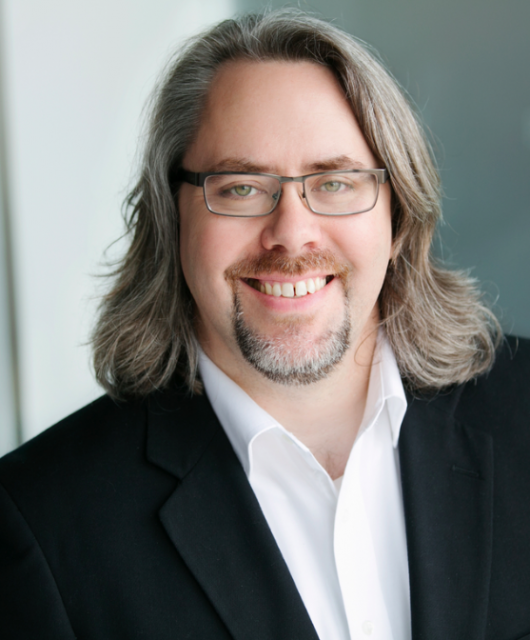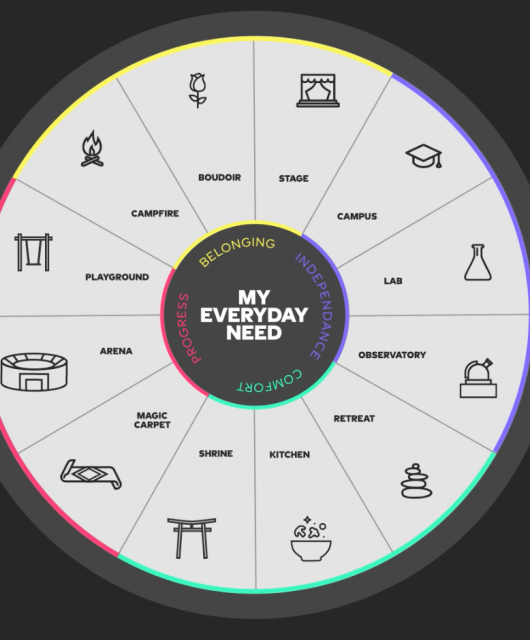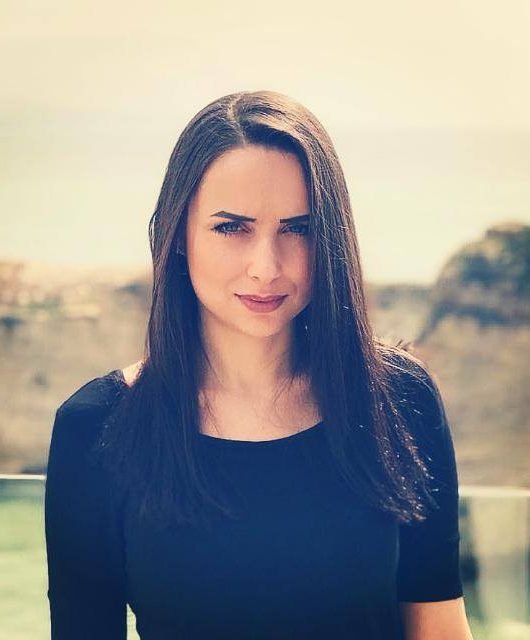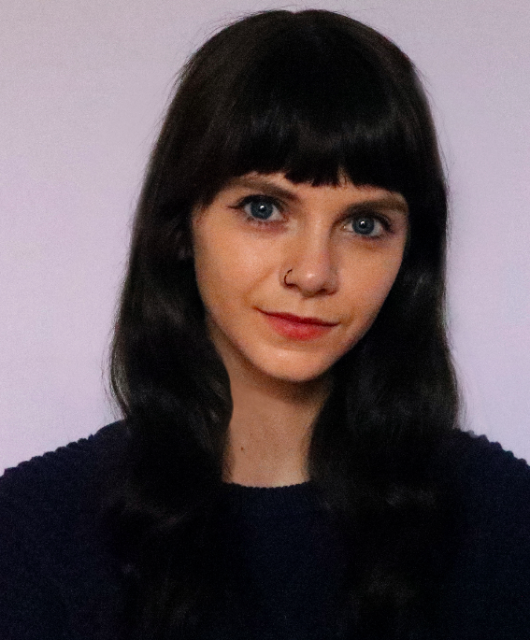How Mastercard Connected With The #FeminineArabic Conversation On Twitter
By: Mustapha Kassem, Vice President, Area Marketing, Middle East and North Africa, Mastercard
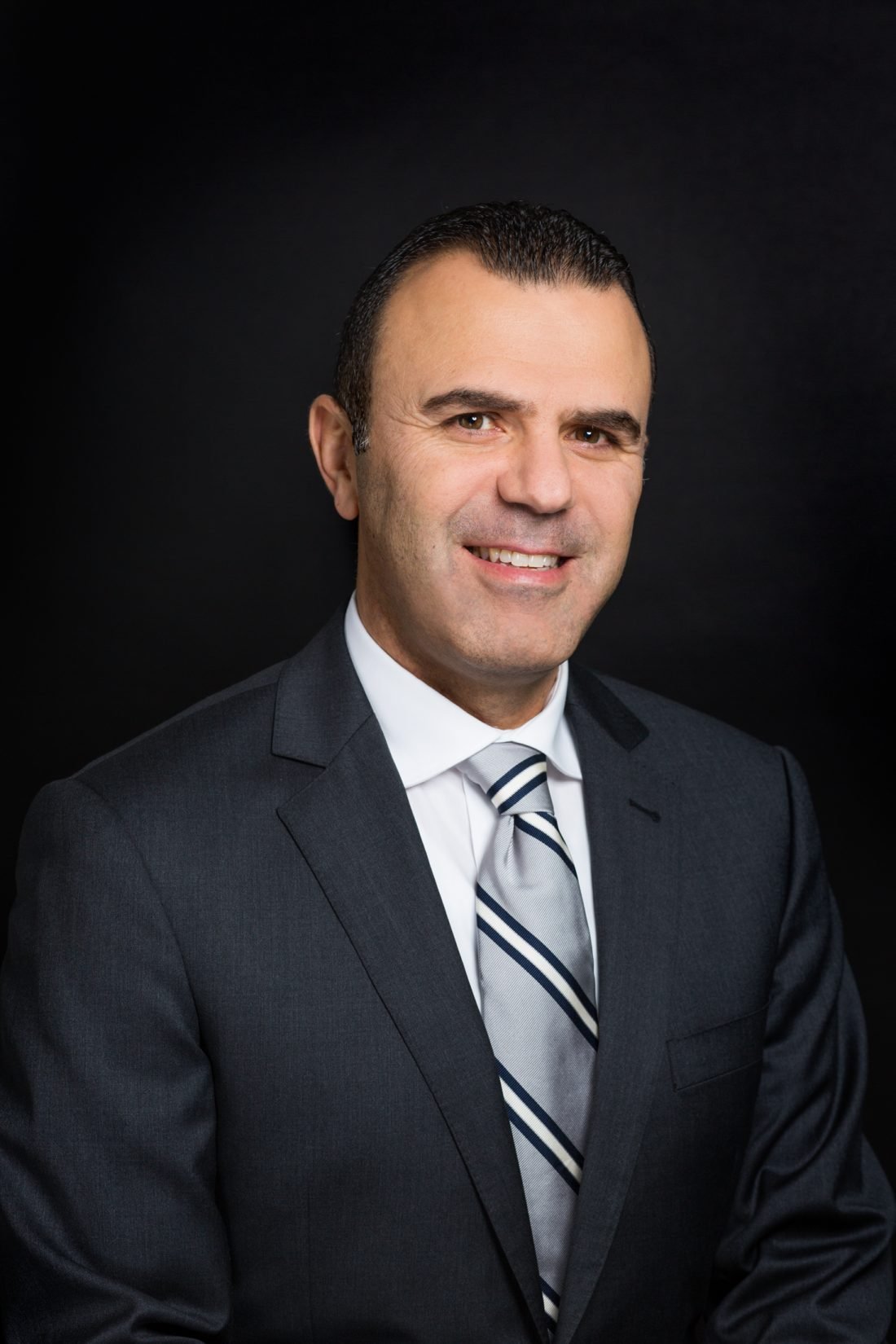
In June 2021, Twitter became the first social media platform to offer a new language setting, ‘Arabic (Feminine). This was a landmark moment in the use of gendered language on social media, acknowledging and supporting the feminine form of Arabic.
This represented the perfect opportunity to drive conversation on the vital subject of inclusion and women empowerment amongst our audience. Coinciding with the brand’s Global Community Day – a day set aside to unite and celebrate humanity – Mastercard stepped up to support and amplify the campaign with the launch of #FeminineArabic.
Language matters
We crafted a wide-reaching campaign across the MENA region to this end, marking the latest development in our highly evolved inclusivity narrative.
As a first step, it was important to note that the feminine form of any language creates a distinct voice that defines identity, culture, and choice of how to connect with different audiences. In the case of the Middle East and North Africa (MENA) region, it offers a richer and more dexterous Arabic language that connects with different people in different ways. As such, ‘Arabic’ (Feminine), provides a unique opportunity to communicate with vital female audiences across the Arab world.
Mastercard understood the widespread value brought about by the change, from the potential new ways for businesses to approach leadership and operations, to overcoming social and cultural gender bias in language within the business sphere, ultimately helping to break down outdated corporate cultures.
The Campaign
To generate further awareness, we developed an engaging animated Video Ad, following Twitter’s announcement, supporting the #Feminine Arabic initiative. To reach the broadest possible audience, @MastercardMEA then launched a Trend Takeover in the UAE, taking the top spot-on Twitter’s Explore tab for 24 hours. As momentum grew, @MastercardMEA sustained and amplified the conversation by passing the mic to the audience, asking them to share stories of how women in their lives have influenced them. A further tweet generated even more conversation around the language itself, with users sharing their favorite words in the feminine form.
The digital campaign underscored the significance of the subject, and how it resonated with the brand’s audience. Through this campaign, Mastercard was able to successfully amplify the narrative around inclusive thinking to the tune of 19.8 million Twitter impressions and 6.68 million video views. We saw conversation across 300,000 engagements in both the UAE and Saudi Arabia.
The message from millions of people across the Arab world is that language matters.
From a wider perspective, this change benefits organizations that look to proactively shift culture. The use of female-gendered language creates opportunities for the development of women-only programs. They include mentoring and coaching initiatives, internal communications strategies, and new ways to engage with a younger and more inclusive-minded workforce.
Through a diverse and inclusive language ecosystem – one that speaks without fear or prejudice – the corporate culture can become emboldened. Communications campaigns and activities can speak to consumers in novel ways that are relevant and engaging.
Priceless connections
Mastercard has long championed diversity in our company and across the communities, we operate in. To proudly support Twitter MENA’s outstanding initiative in bringing diversity to the forefront of our social dialogue through its #FeminineArabic campaign, Mastercard has been able to connect with its audiences in the most powerful way possible – both women and men.
Only by leaving no one behind can we connect everyone to Priceless possibilities.

